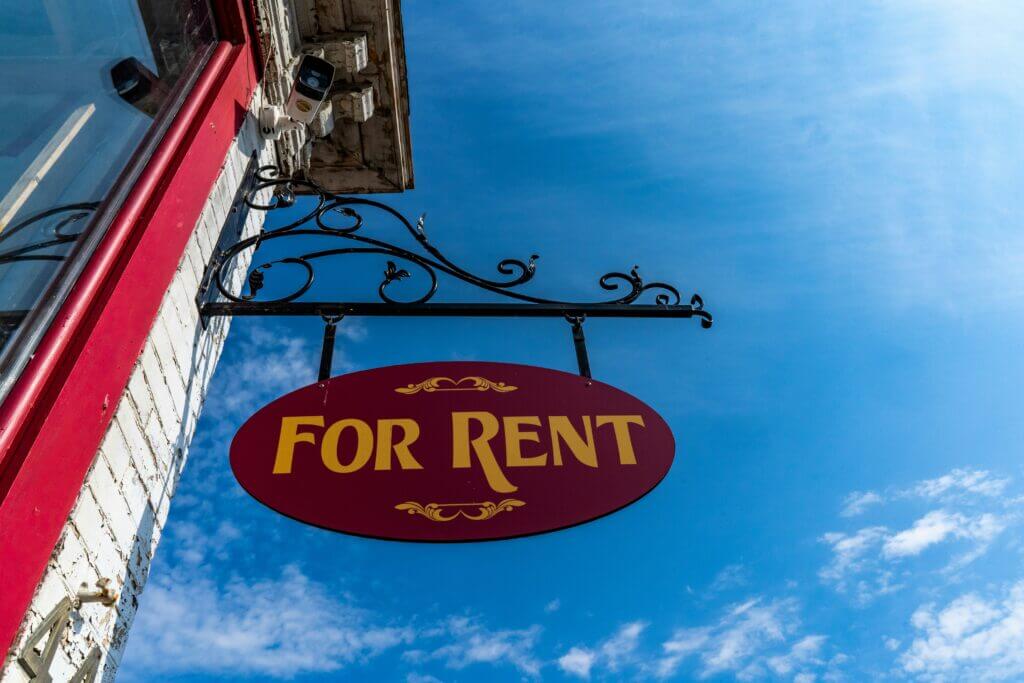
Tax Tips on Principal Private Residence (PPR) Relief
Introduction
A Principal Private Residence (PPR) is a house or apartment that you own and occupy as your only, or main, residence. If you dispose of a property that you have lived in as your main residence for the entire period of ownership, you will be exempt from Capital Gains Tax (CGT). Disposal includes selling, gifting, exchanging, or receiving compensation or insurance for the property. When you dispose of an asset, you must file a tax return for CGT by 31 October of the following year. However, you must pay the CGT in the same year as the disposal, unless it occurs in December.
Understanding Capital Gains Tax (CGT)
Capital Gains Tax (CGT) is paid on the profit or gain made when you dispose of an asset. The chargeable gain is typically the difference between the acquisition cost and the disposal price, minus allowable expenses like acquisition and disposal costs. The standard rate of CGT is 33% of the chargeable gain. You can also deduct allowable losses and the first €1,270 of taxable gains in a tax year. For married couples or civil partners, this exemption applies to each spouse or partner but is non-transferable.
Capital Gains That Are Exempt
- Transfers between spouses and civil partners are exempt from CGT.
- Assets passed on death are not subject to CGT. The assets are treated as if the deceased acquired them at their market value on the date of death. The personal representative is responsible for any gains between the date of death and disposal.
What is Principal Private Residence (PPR) Relief?
To qualify for PPR Relief, you must occupy the property as your private residence. Intending to use a property as a residence is insufficient, and short periods of occupation may not qualify. The relief covers your house and gardens up to one acre. If the garden or part thereof is sold separately for development, it may not qualify for full relief. Gains on excess garden area beyond one acre are liable for tax.
Benefits of PPR Relief
Full Relief
If the property has been your only or main residence throughout the ownership period, any gain on its disposal is exempt from CGT. The last 12 months of ownership are always considered a period of occupation, which helps if you cannot find a buyer immediately after moving out.
Partial Relief
If the property was not your only or main residence throughout the ownership period, a proportion of the gain is exempt. This proportion matches the length of owner-occupation, including the last 12 months, relative to the total ownership period.
Certain Periods of Absence Treated as Periods of Occupation
Periods of absence can be considered periods of occupation if, before and after these periods, the property was your only or main residence. These periods include:
- Employment or office duties performed outside the State.
- Absence due to employment conditions, not exceeding four years, requiring you to reside elsewhere.
Transfer of a Site from a Parent to a Child
Transferring land to your child for building a house as their only or main residence is exempt from CGT. The land must be one acre or less and valued at €500,000 or less. Your child must build and occupy the house as their main residence for at least three years to avoid CGT on the disposal.
When to Pay CGT
The tax year is divided into two periods:
- Initial period: 1 January to 30 November. CGT payments for this period are due by 15 December of the same year.
- Later period: 1 December to 31 December. CGT payments for this period are due by 31 January of the following year.
Common Pitfalls and How to Avoid Them
House Used for Business Purposes
If part of your house is used exclusively for trade, business, or profession, the gain on disposal must be apportioned. Only the part of the gain not attributable to business use qualifies for relief. Apportionment is not needed if the house is used partially for business and residential purposes.
Dependent Relatives
A “dependent relative” is a relative of the homeowner or their spouse or civil partner who is incapacitated or a widowed parent. Relief is available for gains on a house provided rent-free to a dependent relative. This relief is additional to the main residence relief and applies to one house at a time.
See our blog on the Dependant Relative Tax Credit.
Conclusion
Principal Private Residence (PPR) Relief exempts the gain made on disposing of a dwelling house and up to one acre of its garden from CGT. Full relief applies if the house was your principal private residence throughout the ownership period. Partial relief applies for periods of non-occupation, with certain periods of absence treated as periods of occupation. Relief is not available for parts of the house used exclusively for business or the gain attributable to “development land value.” Only one principal private residence is allowed at any time.
For further advice and information, contact us and one of the tax experts from Anytime Tax Refunds will assist you with any queries.
You can also find more information using the below resources:
- Revenue: Principal Private Residence PPR Relief
- Citizens Information: Capital Gains Tax
Frequently Asked Questions
Principal Private Residence (PPR) Relief is a tax relief that exempts the gain made on the disposal of a dwelling house from Capital Gains Tax (CGT) if the property has been occupied as the owner’s main residence throughout the period of ownership. This relief extends to gardens or grounds up to one acre.
PPR Relief works by exempting the capital gains realized from the sale of a property that has been the owner’s main residence. If the property has been occupied as the primary home for the entire ownership period, the full gain is exempt from CGT. If it has been occupied only part of the time, the relief applies proportionately to the period of owner-occupation.
A Principal Private Residence is the main home where the owner lives most of the time. It is the primary living space declared for tax and legal purposes. The property must be used as the main residence for the duration of ownership to qualify for PPR Relief.
To qualify for PPR Relief, the property must be owned and occupied as the owner’s main residence for the entire period of ownership. The relief also covers gardens or grounds up to one acre. Short periods of non-occupation, such as employment abroad or specific absences not exceeding four years, can still qualify under certain conditions.
To calculate PPR Relief, determine the proportion of the ownership period during which the property was your main residence. The exempt gain is the total gain multiplied by this proportion. The last 12 months of ownership are always treated as a period of occupation, even if the property was not occupied during that time.
No, PPR Relief and rent tax credit are different. PPR Relief exempts capital gains on the sale of your main residence from CGT. The rent tax credit, on the other hand, applies to rental payments made by tenants and is claimed to reduce the amount of income tax payable.
Yes, the main exemption is for properties that have been the owner’s principal private residence for the entire period of ownership. Other exemptions include transfers between spouses and civil partners, assets passed on death, and certain periods of absence considered as periods of occupation.
If part of your home is used exclusively for trade, business, or professional purposes, the gain on disposal must be apportioned. Only the part of the gain not attributable to business use qualifies for PPR Relief. If the space is not used exclusively for business, apportionment is not required.
Yes, certain periods of absence can be treated as periods of occupation if, before and after these periods, the property was your main residence. This includes periods of employment abroad or up to four years of absence due to employment conditions.
Yes, if a dependent relative lives in your property rent-free, the period during which they reside can qualify for PPR Relief. The relative must be incapacitated or a widowed parent. This additional relief is available for one property at a time and does not affect the main PPR Relief claim.
More Tax Tips

Mortgage Interest Relief – Maximise Your Tax Benefits
Mortgage Interest Relief offers homeowners significant financial benefits, but understanding its nuances is crucial.

Discover How to Claim Tax Relief on College Fees
Are you or someone you know pursuing higher education? Understanding tax relief on college fees can ease the financial burden.

Essential Guide to Claiming Medical Expenses
Medical expenses can significantly impact your finances, but understanding the tax relief available can alleviate some of the financial burden.

Unlock Your Rent Tax Credit in Ireland 2024
The Rent Tax Credit is a valuable benefit designed to alleviate the financial burden of renting a home in Ireland.
3 out of 4 PAYE workers are due a refund, claim yours today!